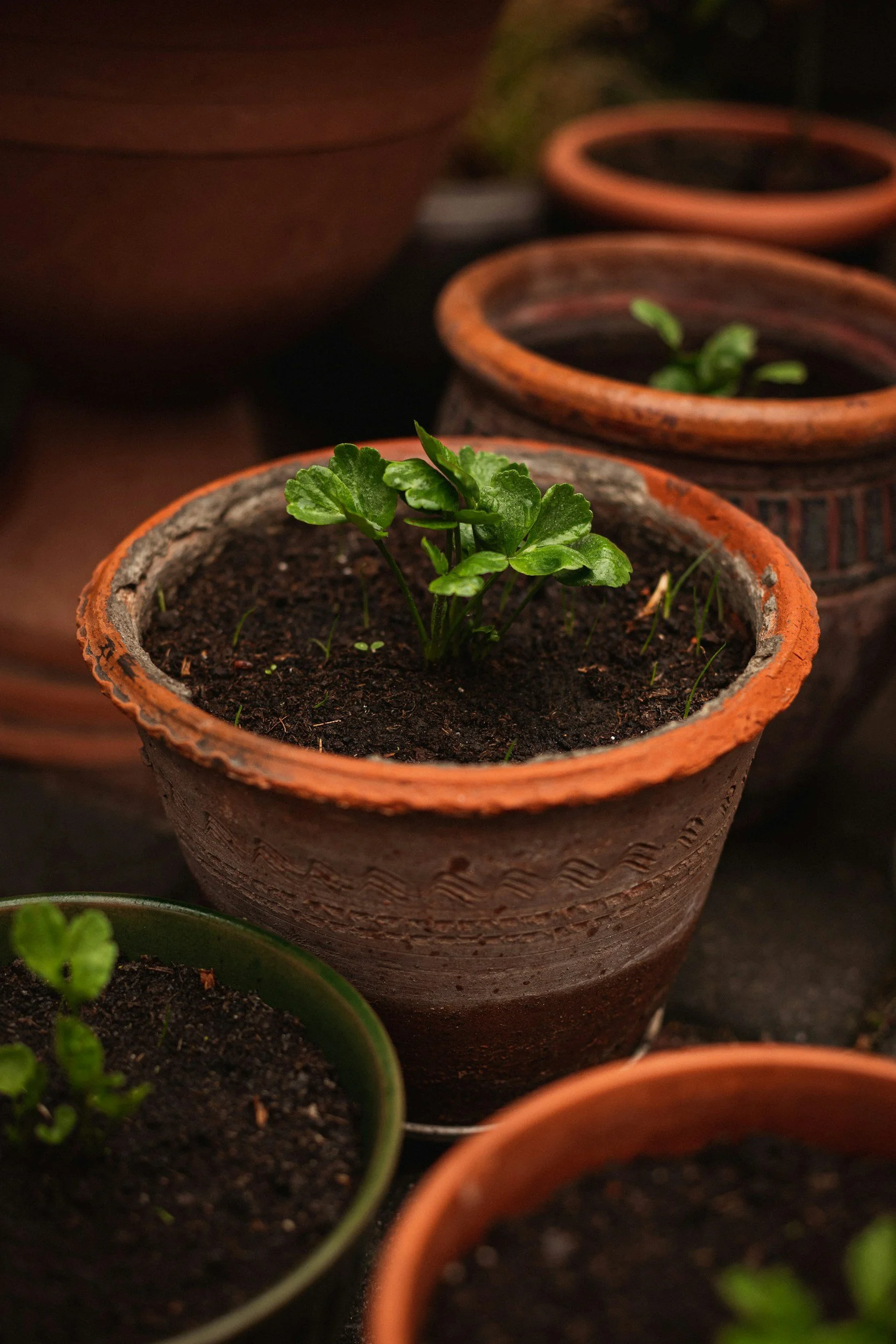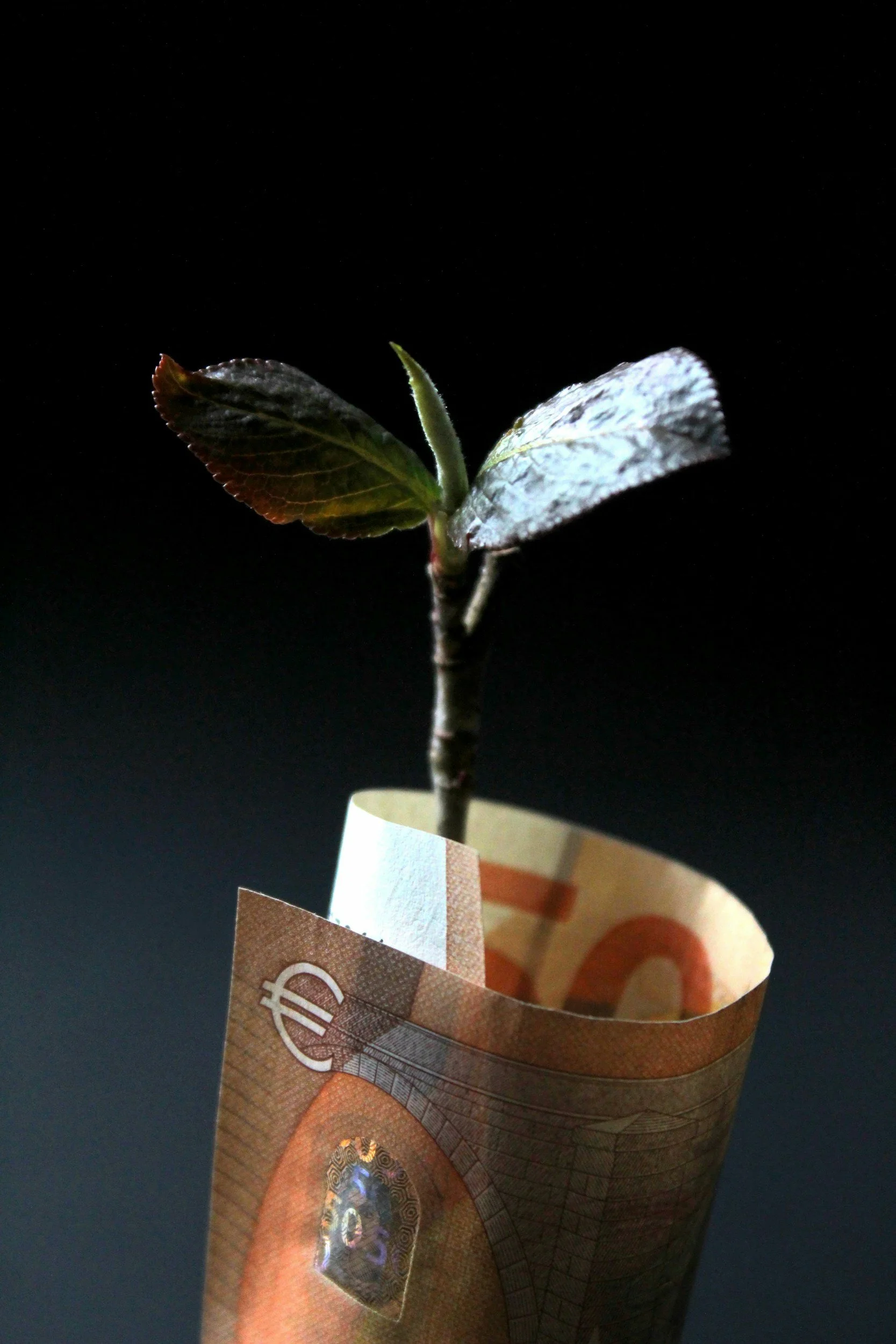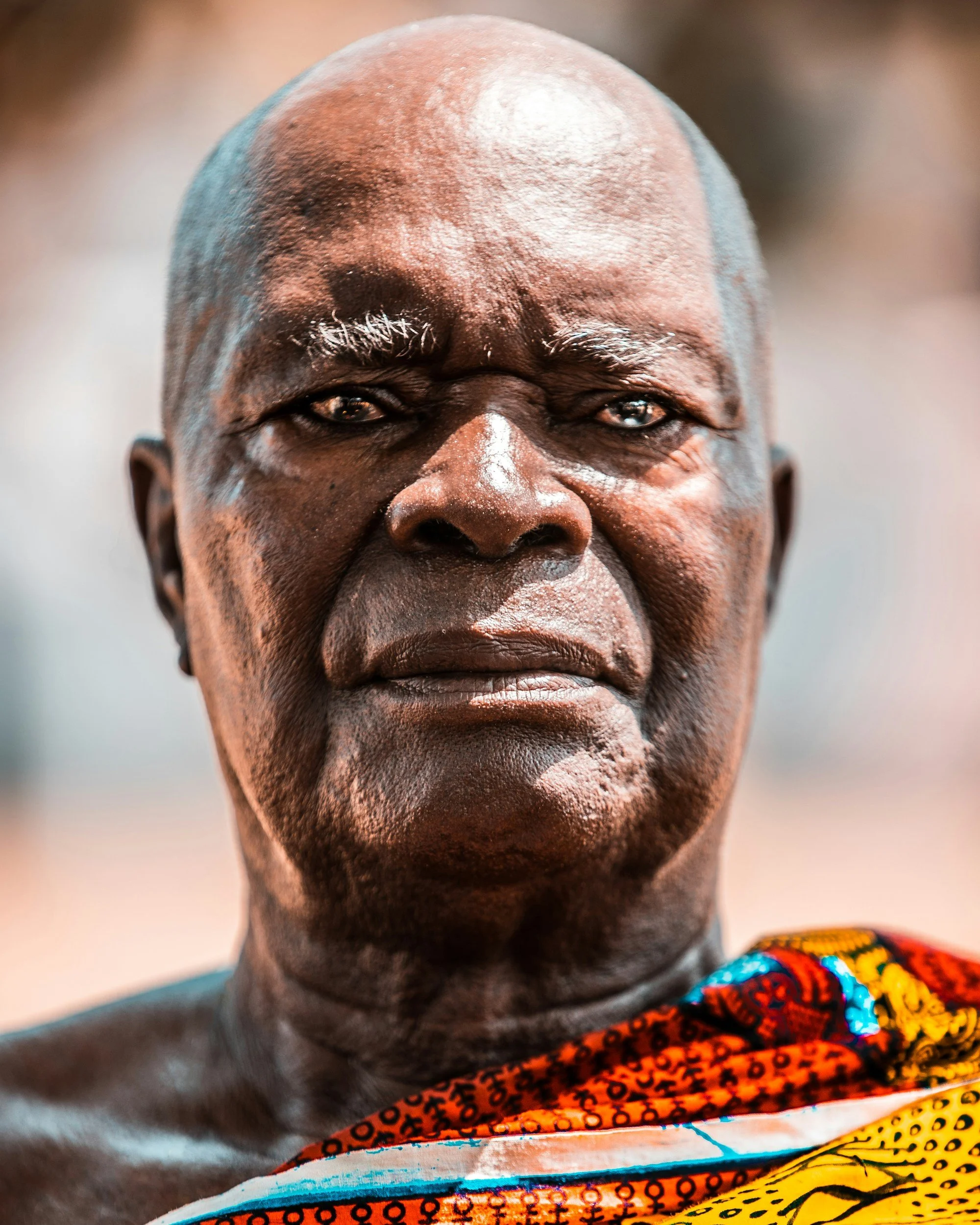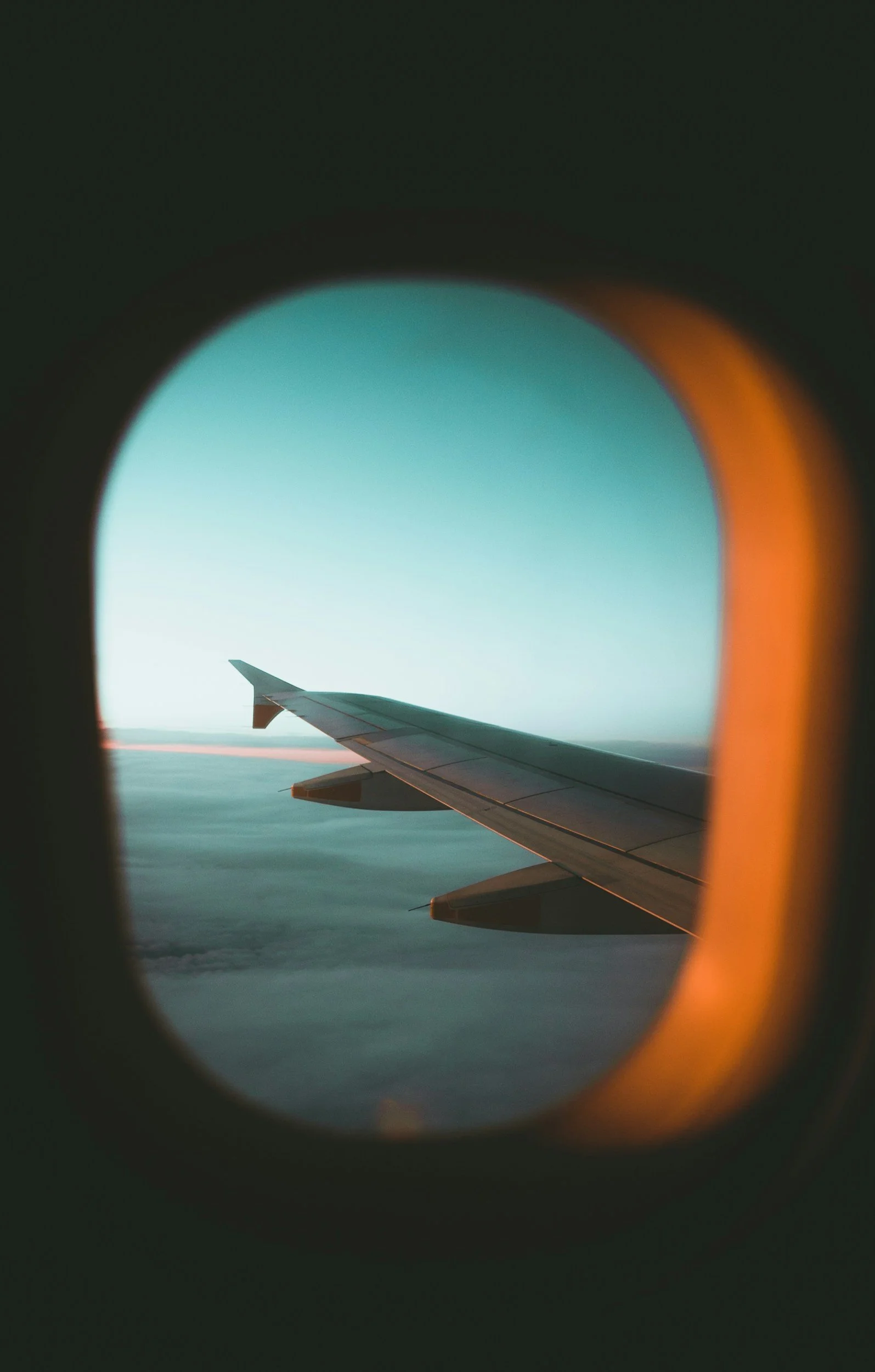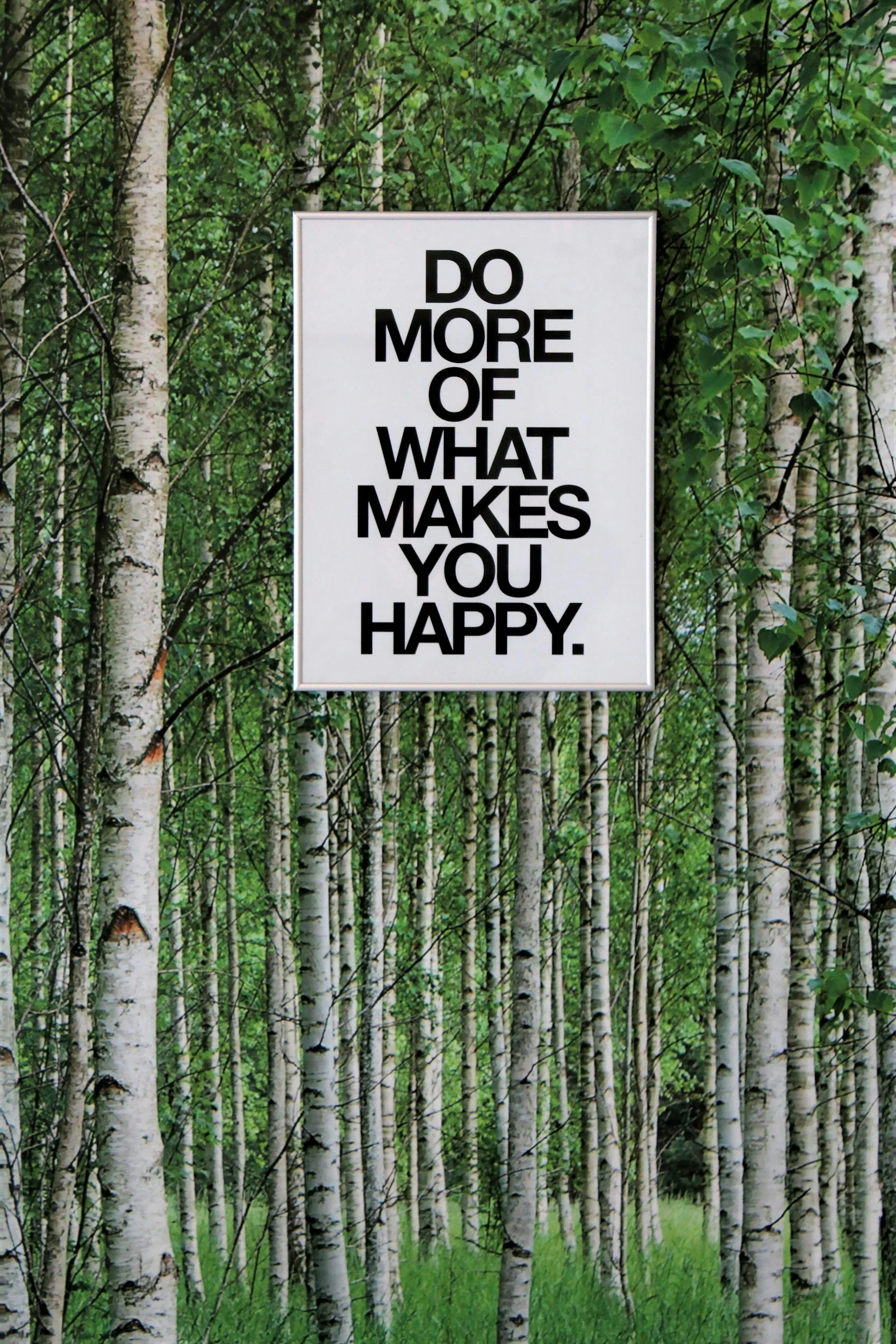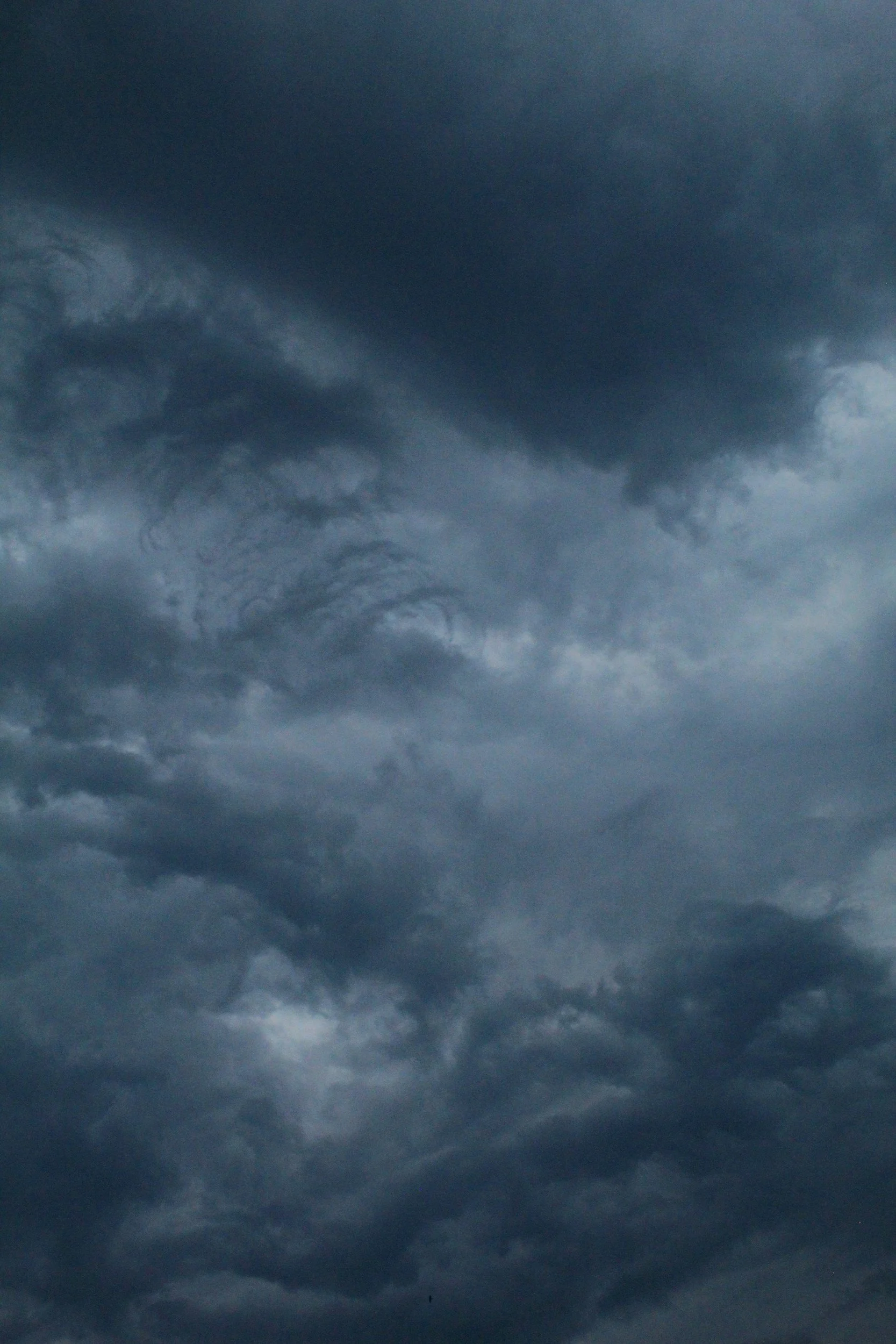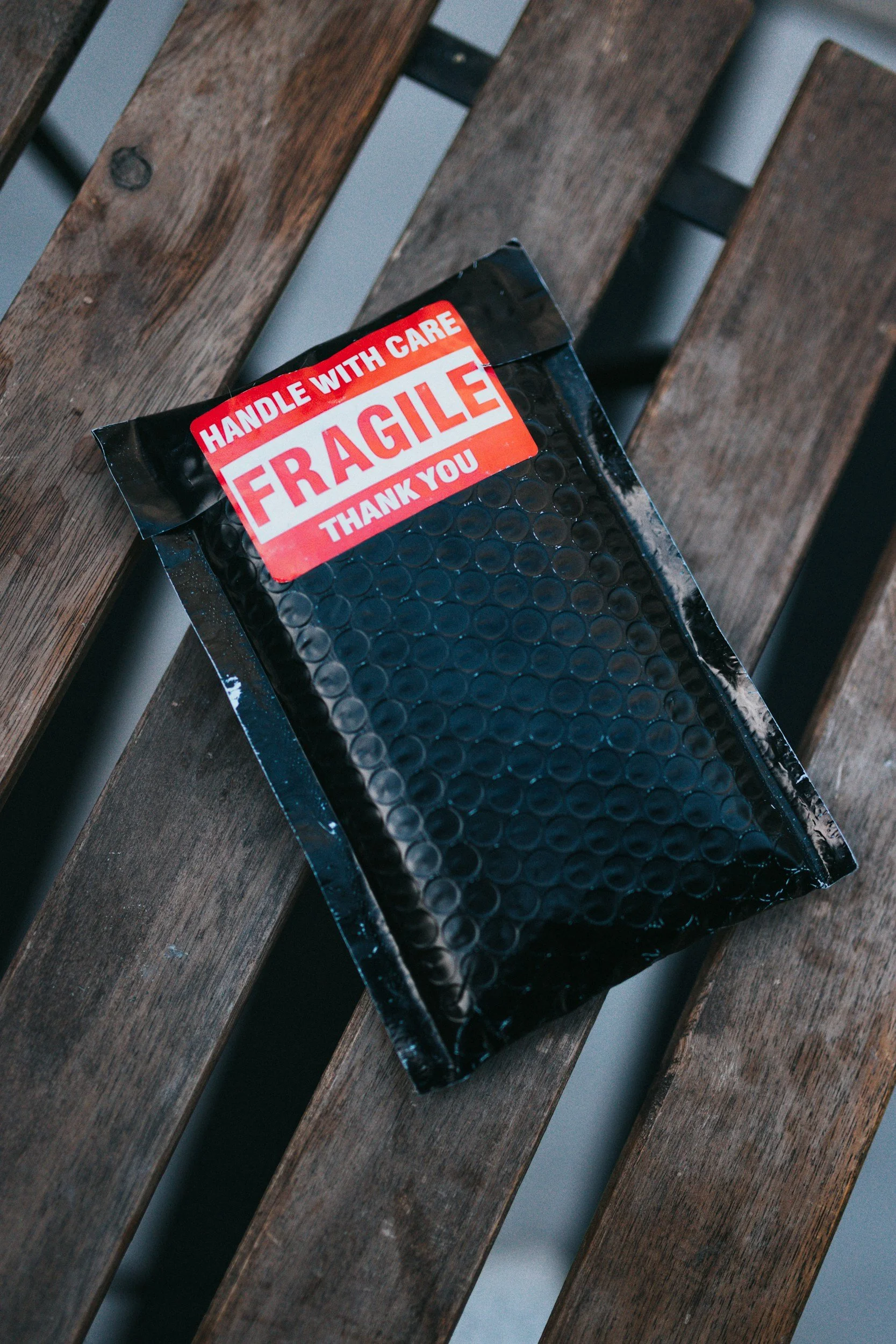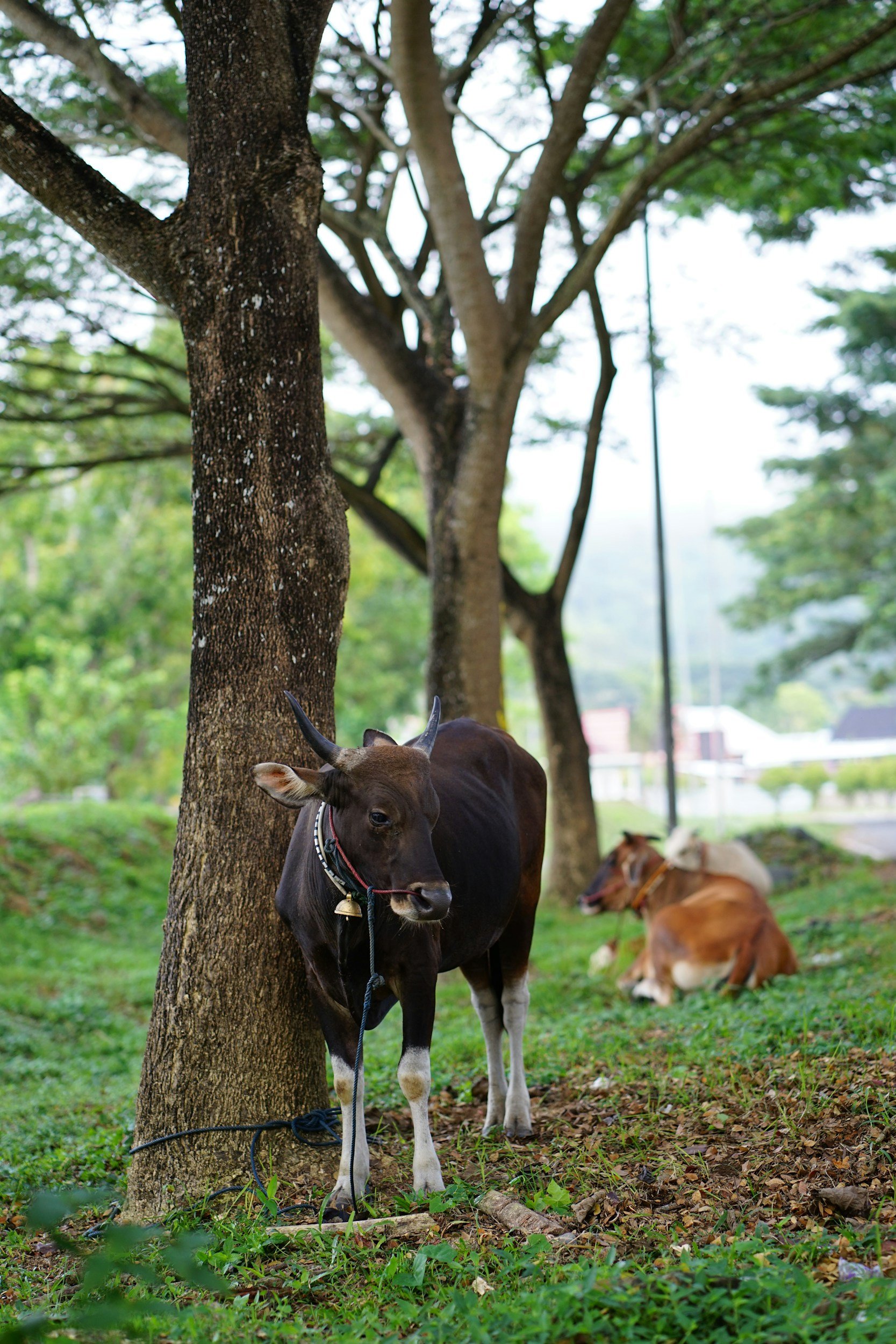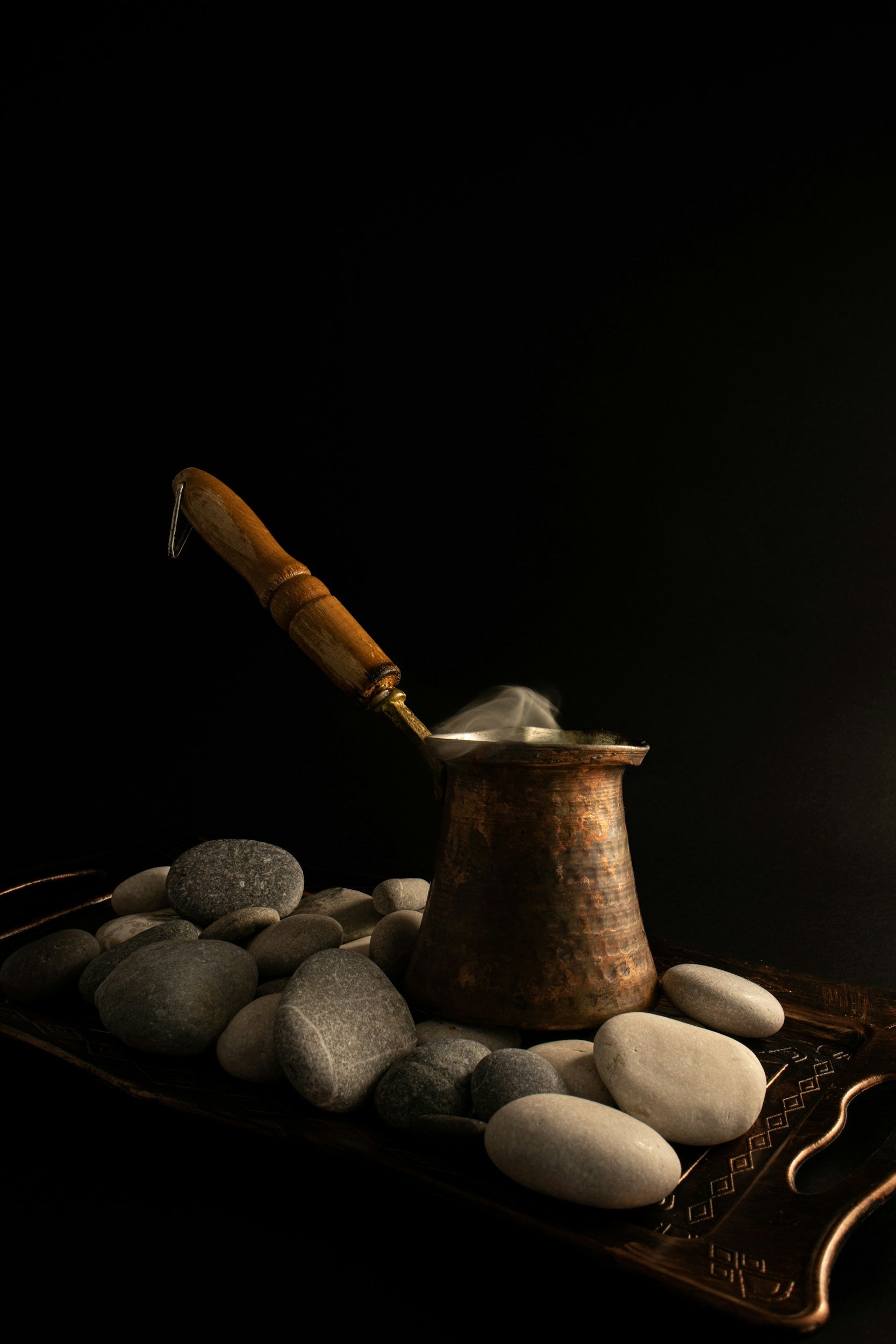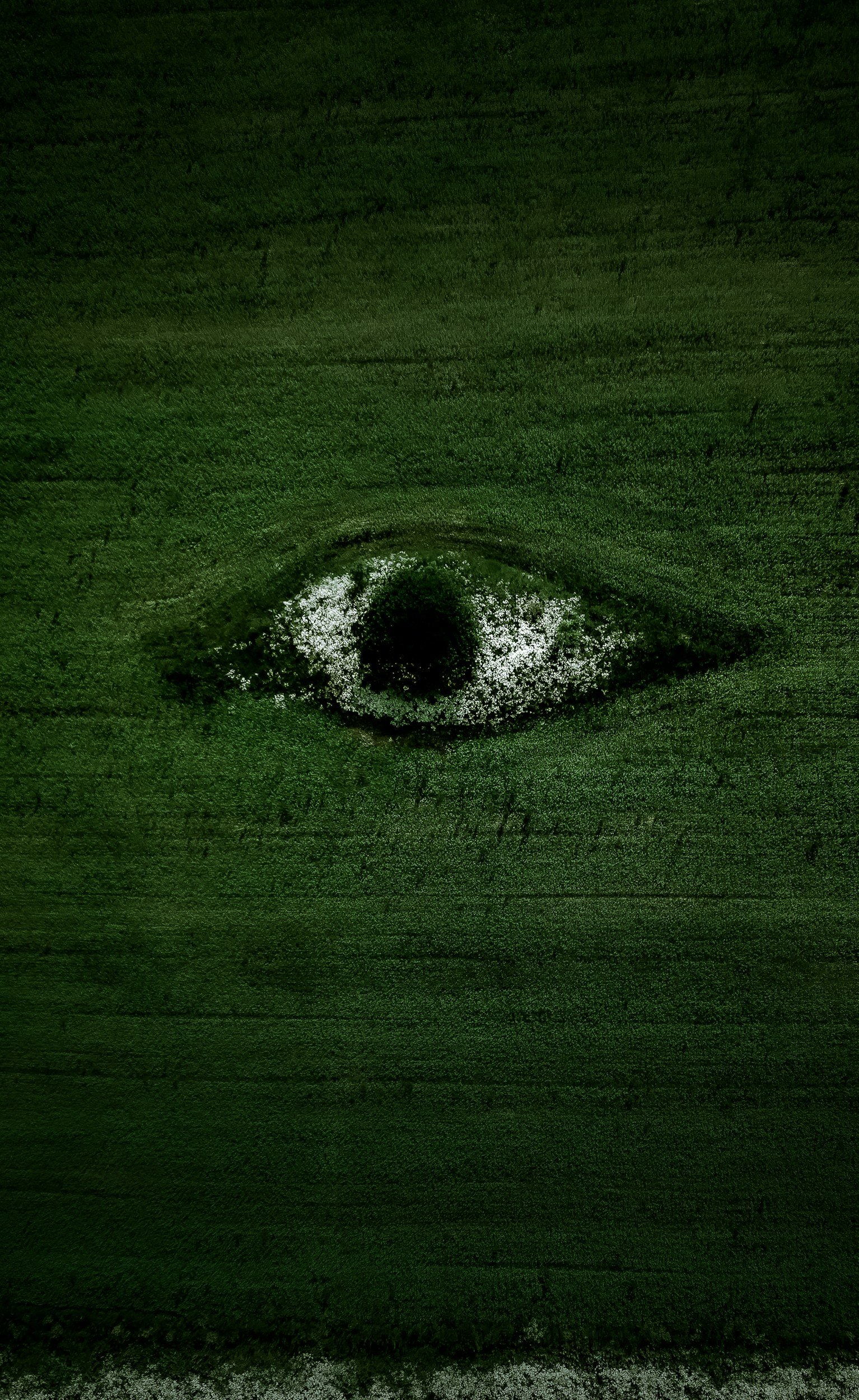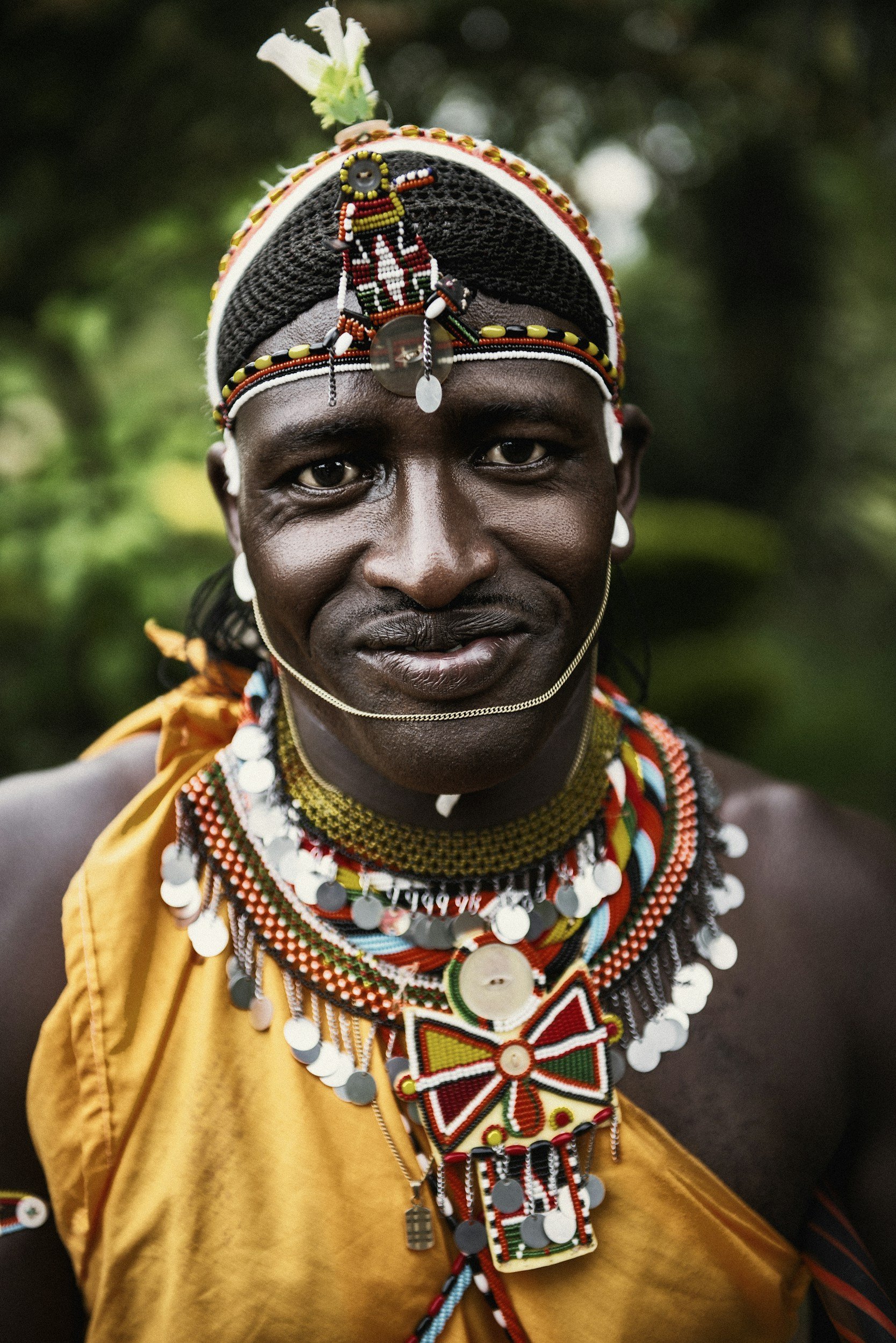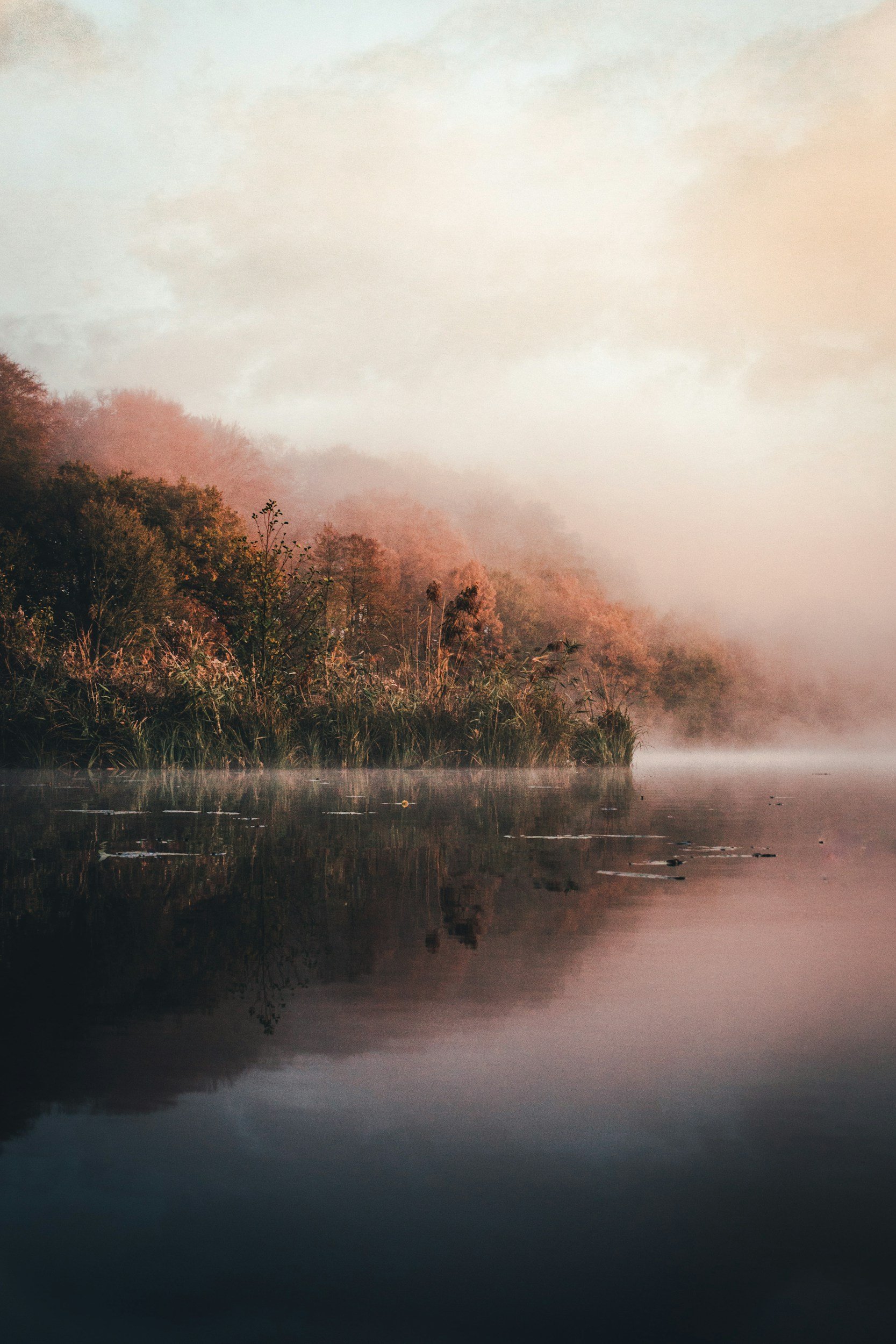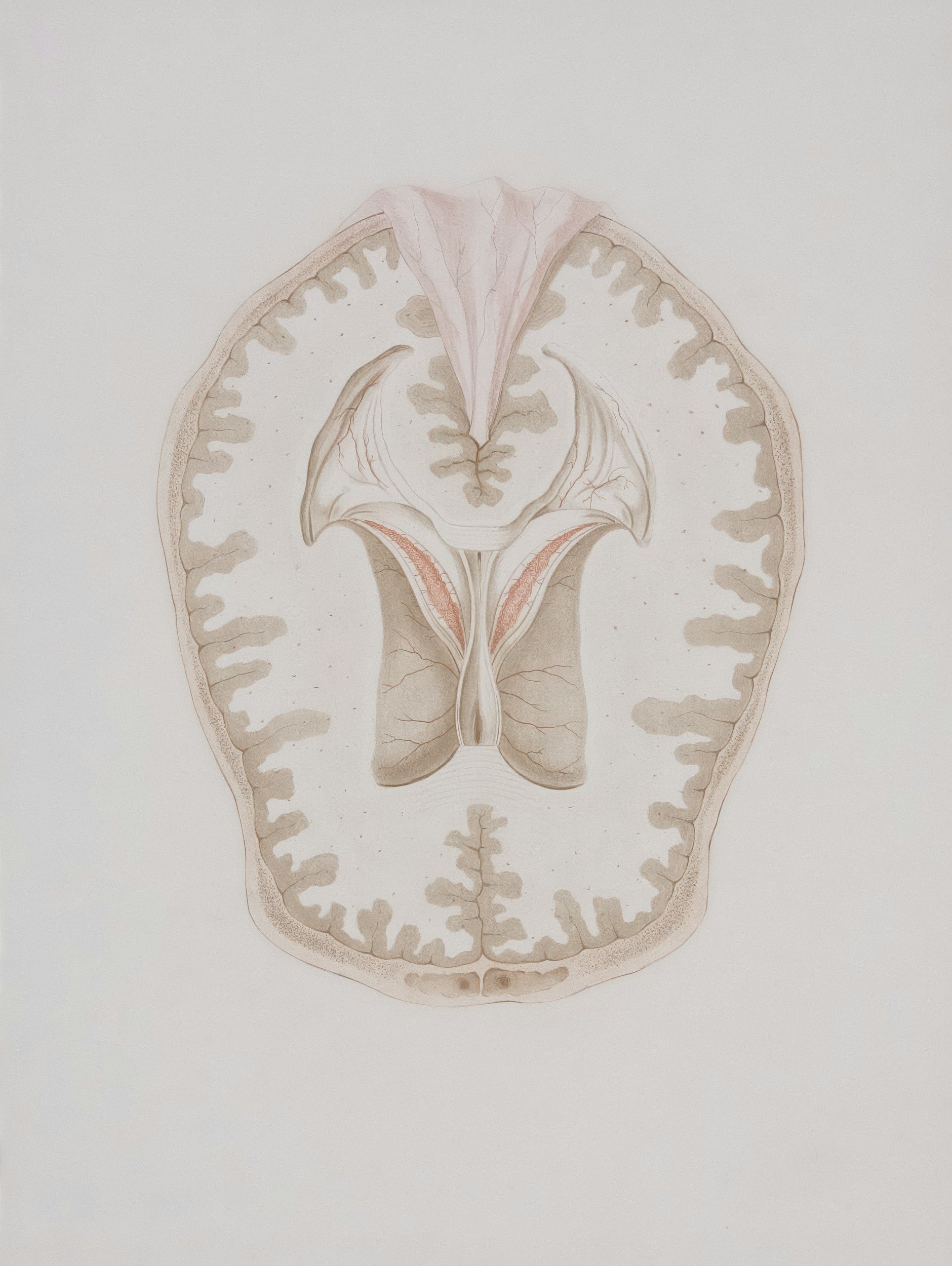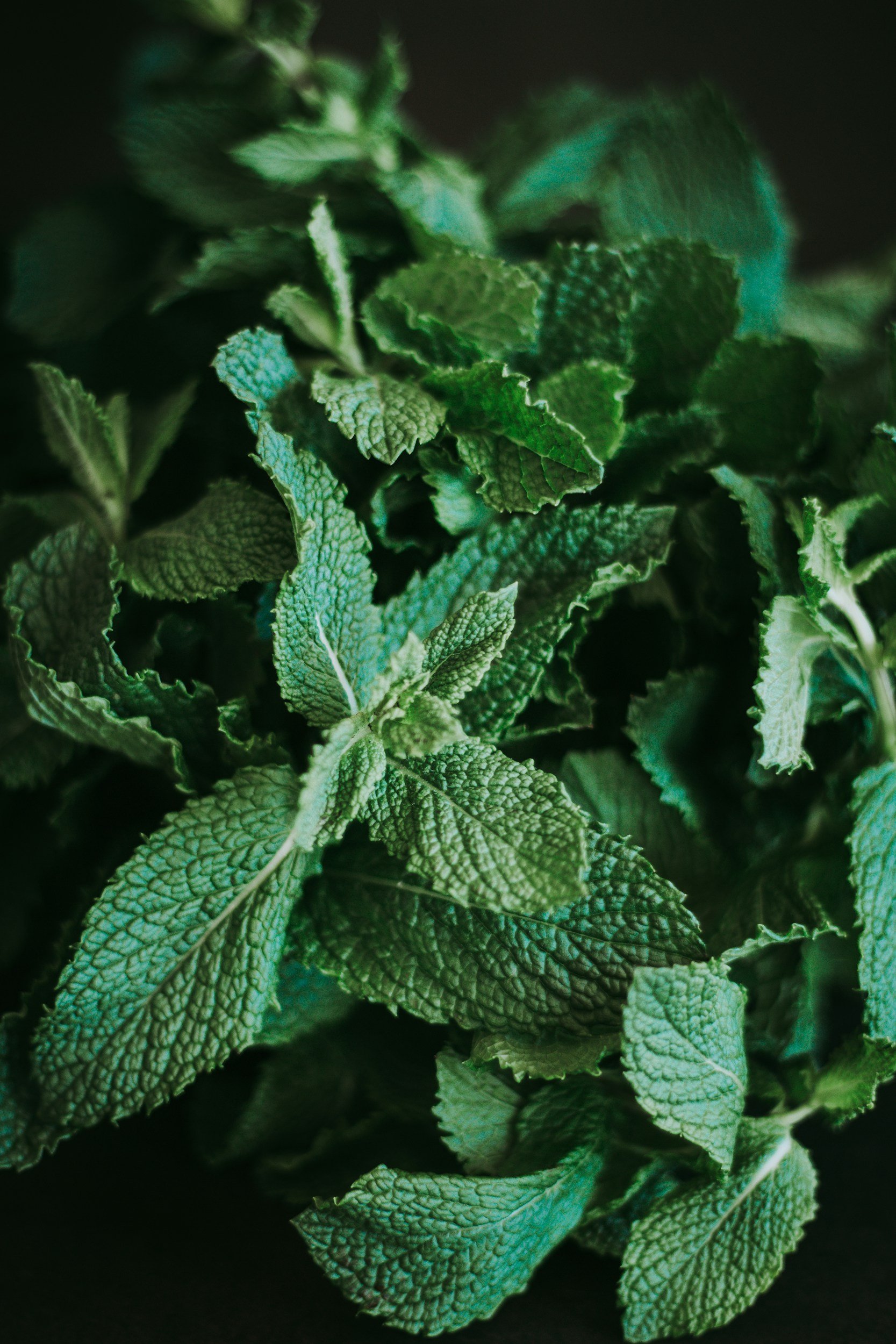Different Types of Dibia in the 21st Century (and Their Functions)
In Igbo spirituality, the Dibịa holds a revered place as a spiritually gifted person, a healer, and a guide. The term "Dibịa" broadly refers to those who possess mystical knowledge and skills in various aspects of traditional Igbo spiritual practices and medicine. In the 21st century, the role of the Dibịa has evolved and diversified, reflecting both ancient traditions and contemporary adaptations. This post highlights the different types of Dibias, please note that this list is ongoing and merely scratches the surface of the vast array of spiritual callings within Odinani.
Before we get to the list, it's important to recognize that one's spiritual calling can sometimes encompass more than one or multiple roles from this list, while in other cases, one may be restricted to a single specialization. If you feel called to be a Dibịa, it's important to find and identify your lane, focus on it and excel in it.
Different Classifications of Dibịa in Alphabetical Order
Dibịa Afa, Agba Aja: Diviner. Spirit Medium.
These Dibias are skilled in divination, using spiritual mediums to provide insights and guidance.
Dibịa Aja, Nchu Aja, Anya Odo: Ritual Expert. Intercessor.
Specializing in rituals, these Dibias act as intermediaries between the physical and spiritual worlds.
Dibịa Amadioha: Rainmaker.
Known for their ability to influence weather patterns, particularly rain.
Dibịa Amamihe: A Master of Knowledge and Mysteries.
Guardians of esoteric wisdom and mysteries, they are experts in mystical knowledge and great teachers.
Dibịa Anwansị, Amosu: Magician. Witchcraft Specialist.
They deal with magical practices and the influences of witchcraft.
Dibịa Anya Nti: Otorhinolaryngologists. Otolaryngologists.
Traditional healers specializing in ear, nose, and throat ailments.
Dibịa Ara: Psychiatrist.
They provide mental health care and treat psychiatric conditions.
Dibịa Arụ: Ikpu Aru Specialist. Cleansing Expert. Purification Specialist.
Experts in spiritual cleansing and purification rituals.
Dibịa Ọhụụ: Seer. Prophet. Psychic.
They have the gift of foresight, they provide prophetic insights.
Dibịa Mgbọrọgwụ na Mkpakwụkwọ: Roots Specialist. Herbalist.
Herbal medicine experts skilled in using roots and plants for healing.
Dibịa Mmonwu: Masquerade Custodian and Specialist.
Custodians of masquerade cults and traditions, maintaining cultural heritage.
Dibịa Nshi, Nsi: Master of Negative Energies.
Specialists in handling and neutralizing negative spiritual forces.
Dibịa Ọgbanje: Care Provider and Healer for Ogbanje Children. Mediator.
Providing care and mediation for children believed to be Ogbanje.
Dibịa Ogbaokpukpu: Bone-setter.
Skilled in the traditional practice of setting and healing broken bones.
Dibịa Ojenammuo: Astral Travel Expert. Bilocation Expert.
Mystical experts who can navigate astral planes and experience bilocation.
Dibịa Omumu: Fertility Specialist. Prenatal Care Provider.
Specializing in fertility issues and providing care during pregnancy.
Dibịa Owu Mmiri, Olu Mmiri: Ndi Mmiri Specialist. Water Energy Expert.
Experts in water spirits and energies, particularly ndi mmiri.
Dibịa Owa Ahu, Okwochi: Surgeon.
Traditional surgeons skilled in various forms of physical interventions.
Dibịa Onye Oha: King Maker. Mediator.
They play crucial roles in leadership selection and conflict mediation.
To Sum It Up
As we explore the different types of Dibias, it's important to understand that each person’s spiritual journey is unique. Finding your specific path and dedicating yourself to mastering it can significantly impact your life and community. Each Dibịa brings a unique gift to the table, contributing to the rich tradition of Igbo spirituality.
Remember, this list is just the beginning. The world of the Dibịa is vast and ever evolving, because it works closely with the spiritual realm (Ala Mmuo). If you feel called to be a Dibịa, take the time to discover where your strengths lie and how you can best serve your community. Don’t try to do everything at once. Accept your specific calling with dedication and reverence, knowing that your journey is part of a larger, sacred tradition.
As you go deeper into the world of the Dibịahood, may you find clarity and purpose in your spiritual path. Leave us a comment below if you know of any classfication of Dibia that we are yet to include in this post, or if you would like to share your story with us. Yagazie!
Recommended Resources:
Dibịa And Societal Stigmatization | Dibia Nwangwu Uchendu (Article)
What is a Dibia? - Healers in Igbo Spirituality Explained | Medicine Shell (YouTube)
Who Is A DIBỊA Or Native Doctor In Ọdịnanị Na Omenani Igbo? | Voice Of The Sun (YouTube)
Every Dibia (Ezenwoke na Ezenwanyi) Is Both Occultic And Mystic!!! Occultism and Mysticism | Nwaanyi Amechi ọkụnanọ (YouTube)

